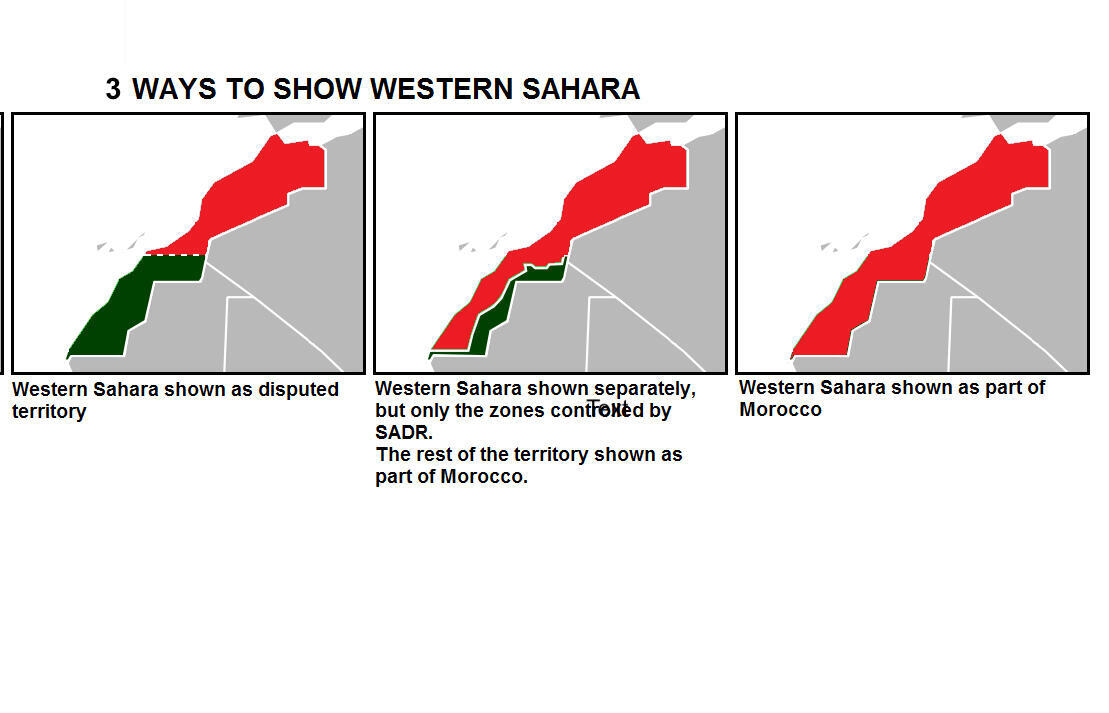Israel and Morocco to 'normalize' ties, Western Sahara will pay the price
Israel and Morocco have agreed to normalize relations as President Donald Trump, in his final weeks in office, announced the fourth Arab-Israeli agreement in four months on Thursday. But not everybody is happy
Issued on:

The announcement means that within five months, four Arab countries have agreed to establish diplomatic ties with the Jewish state: Bahrain and the United Arab Emirates under the “Abraham Accords,” in August, followed by the announcement on 23 October that Sudan would follow.
When finalized, the four countries will join Egypt and Jordan which already established diplomatic ties with Israel in 1979 and 1994 respectively.
The announcement is part of the White House’s larger Middle East policy outlined in the ambitious “Peace to Prosperity” framework that is aimed at bringing peace to the region.
The “framework” aims to eventually find a solution for the Israel-Palestine problem which has brought Israel in a state of semi-permanent isolation surrounded by hostile states.
Who pays the price?
Trump said Israel and Morocco would restore diplomatic and other ties, including the immediate reopening of liaison offices in Tel Aviv and Rabat and the eventual opening of embassies. On Thursday, Reuters reported that Israel’s El Al airline is examining the possibility of direct flights to Morocco
Today, I signed a proclamation recognizing Moroccan sovereignty over the Western Sahara. Morocco's serious, credible, and realistic autonomy proposal is the ONLY basis for a just and lasting solution for enduring peace and prosperity!
— Donald J. Trump (@realDonaldTrump) December 10, 2020
On10 December, the White House also issued a proclamation saying that “the United States recognizes Moroccan sovereignty over the entire Western Sahara territory” and that “an independent Sahrawi State is not a realistic option for resolving the conflict.”
The estimated 350,000 to 500,000 people living in Western Sahara, a former Spanish colony – believed to be rich in mineral resources – have fought for independence and want a referendum on the territory's future.

In a reaction, the separatist Polisario Front on 10 December said in a press release that it “condemned in the strongest possible terms the decision taken by the outgoing US President Donald Trump to recognise that which Morocco does not possess, namely “sovereignty over Western Sahara.”
Last month, the Polisario Front reported clashes in the Western Sahara after Morocco launched an operation in the buffer zone in the disputed territory, as the UN led calls for restraint. But Trumps announcement is likely to increase tensions.
“Flagrant violation”
According to the Sahara Press Service, the official news organization of the unrecognized “Sahrawi Arab Democratic Republic” run by the Polisario Front called “Trump’s position a ‘flagrant violation of UN Charter its resolutions and International legality.'”

Palestinians don’t like the deal either, with Palestinian Authority leader Mahmud Abbas, speaking at the UN Security Council in February 2020, calling Trump’s Middle East peace plan would result in Palestine lands becoming a “Swiss cheese,” where Palestine lands are punctured by Israeli roads and settlements, as the plan “legalized what is illegal: settlement building and confiscation and annexation of Palestinian lands.”
For this reason, Saudi Arabia is still hesitating to join in and sign relations with Israel. But increasing rhetoric coming out of both Israel and Saudi Arabia, and recent high-level contacts between the two countries point at a softening of positions.
Daily newsletterReceive essential international news every morning
Subscribe